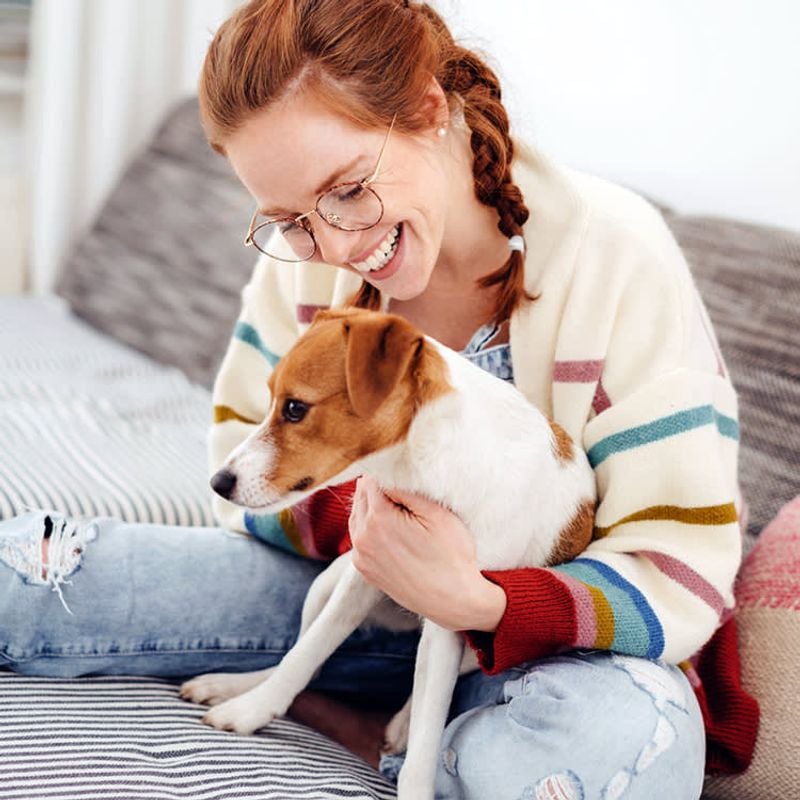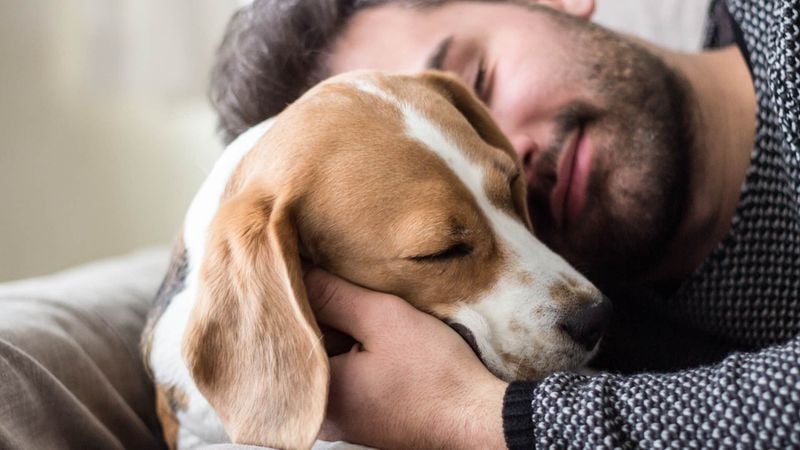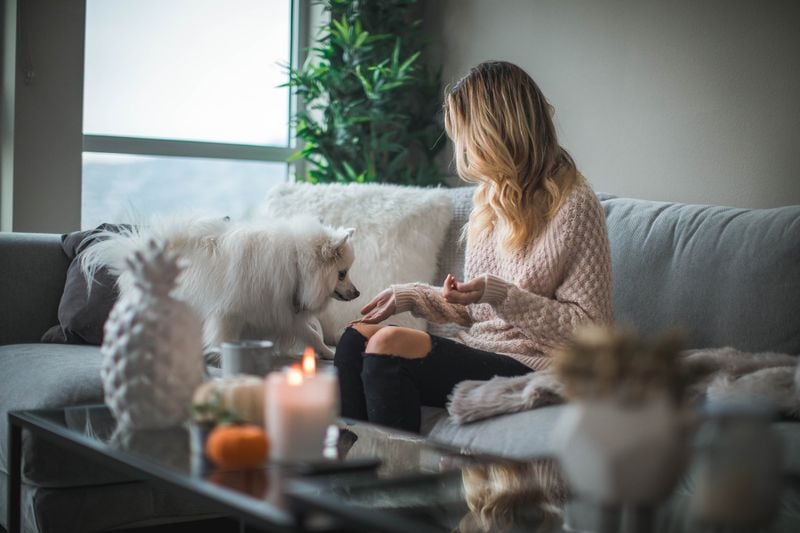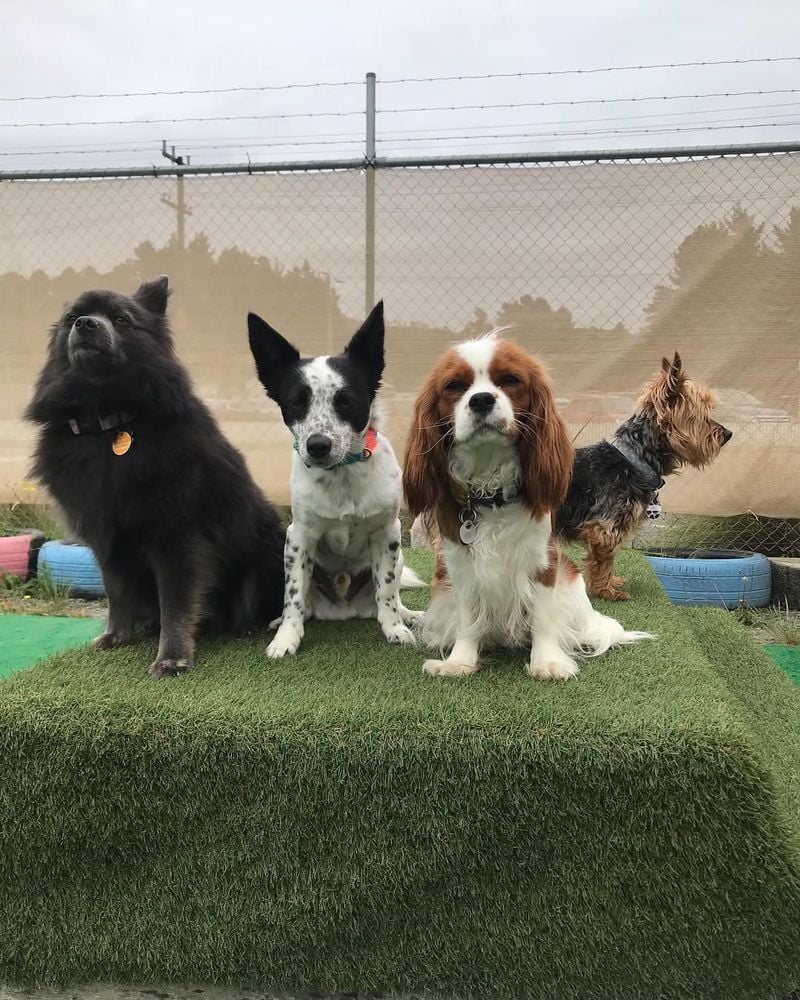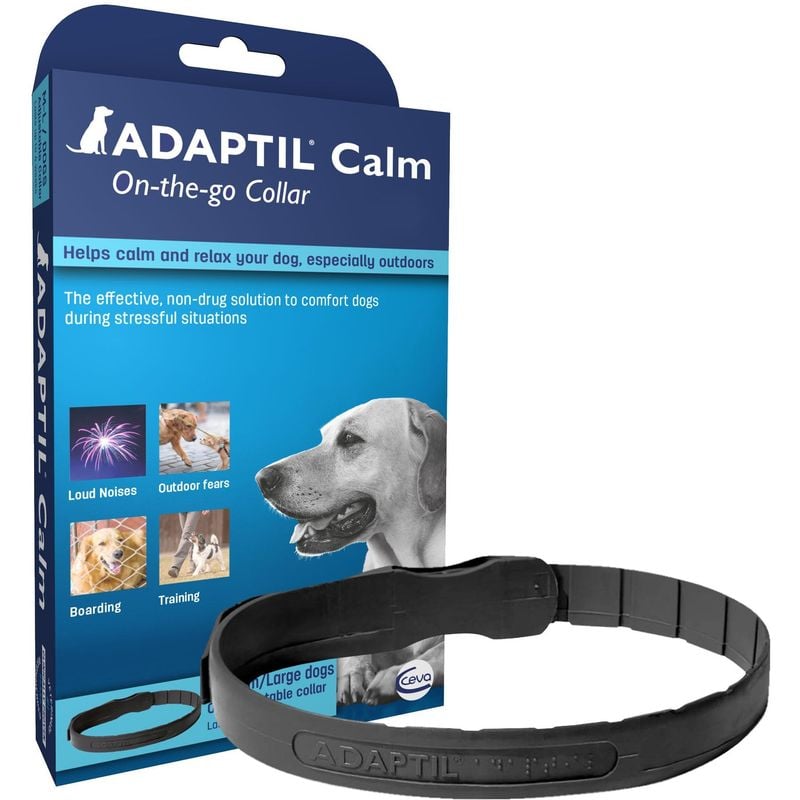15 Ways to Comfort Your Pet After Losing Their Best Friend
Losing a beloved pet is heartbreaking—but it’s even more devastating when your remaining pet is left behind, confused and grieving.
Dogs form deep bonds with their furry companions, and when one passes, the other often struggles with loneliness, anxiety, or even depression. You might notice changes in behavior: less playfulness, loss of appetite, or listlessness.
It’s hard to watch, especially when you’re mourning too. But just like us, pets need comfort, support, and time to heal. If your dog lost their best buddy, there are ways to help them through this tender period.
These 15 compassionate and practical strategies will guide you in supporting your pet after such a profound loss—reminding them they’re not alone, and helping them rediscover a sense of peace and connection.
1. Maintain a Predictable Routine
Consistency brings comfort. Stick to your pet’s usual feeding, walking, and bedtime schedule to minimize stress during this emotionally confusing time. Pets thrive on routine, and maintaining their daily structure can provide a sense of normalcy.
By keeping mealtime, playtime, and rest time consistent, you help your pet feel secure and understood.
Consider adding a new, comforting ritual—perhaps a gentle evening walk or a few extra minutes of play. This can reinforce stability while gently introducing a positive change.
Remember, small consistent actions can make a big difference in your pet’s emotional well-being.
2. Offer Extra Physical Affection
Gentle petting, belly rubs, and cuddles can reassure them they’re still safe and loved—especially if they’re acting more clingy or withdrawn. Physical affection is a powerful tool in nurturing the bond between you and your pet.
Some animals may become more needy or aloof after losing a companion. By offering extra hugs and kisses, you can provide the emotional warmth they might be missing.
This simple yet profound gesture helps to soothe their grieving heart and reassures them of your unwavering presence.
3. Let Them Mourn in Their Own Way
Some pets seek solitude, others get more vocal or agitated. Don’t rush their grief—give them space to feel and express it. Grieving is a deeply personal journey, and your pet’s way of mourning may surprise you.
Allow them the freedom to wander through their emotions. Whether they choose to retreat to a quiet corner or become more vocal, respect their process. This period of reflection can be crucial in their healing journey.
4. Introduce Comforting Scents
Use items that smell like their lost companion—blankets, toys, collars. Familiar scents may provide a sense of connection and calm. Scent is a powerful trigger for memory and emotion in pets.
Surround them with comforting aromas that remind them of their friend. This tangible connection can offer solace and reduce anxiety. Create a cozy nook with these cherished items, allowing your pet to revisit those happy memories.
5. Play Their Favorite Games
A round of fetch or a slow, enriching sniff walk can offer emotional relief while reminding them that joy still exists. Engaging in familiar games can be a wonderful distraction and a source of joy for your pet.
These activities not only provide physical exercise but also release endorphins, helping to lift your pet’s spirits. By playing their favorite games, you remind them of the simple pleasures that life still holds.
6. Offer Gentle Distractions

New toys, puzzle feeders, or even a new spot to nap can shift their focus and stimulate their brain in a low-stress way. Introducing gentle distractions can be a soothing balm for a grieving pet’s mind.
This approach not only keeps them engaged but also encourages exploration and curiosity. These small diversions can gently guide your pet toward healing.
7. Talk to Them Softly
Your voice can be grounding. Regularly talk to your pet in a calm, warm tone—even if they don’t understand the words, they’ll understand the love. Communication is key to strengthening your bond during this emotional time.
Your soothing voice can be a source of reassurance. This gentle form of interaction reminds them that they are not alone.
8. Encourage Healthy Appetite
Some pets may stop eating out of sadness. Warm up food slightly or add a tasty topper to tempt them if needed. Encouraging a healthy appetite is essential in supporting your pet’s physical and emotional recovery.
Experiment with different textures and flavors to reignite their interest in food. This nurturing act demonstrates your care and concern for their well-being.
9. Allow Supervised Exploration
Let them safely visit their companion’s favorite spots. Sniffing or lingering there can be part of their grieving process. Supervised exploration offers your pet a chance to connect with memories and find comfort in familiar environments.
This journey through beloved locations can be a meaningful part of healing. Ensure they feel supported as they navigate these emotional landscapes.
10. Offer a “Memory Spot”
Create a peaceful space with their friend’s photo, toy, or blanket. This small ritual space can comfort both you and your pet. Memorial spots serve as a tangible reminder of the love shared and the memories cherished.
Spending time here can be therapeutic for both owner and pet, allowing quiet moments of reflection. This special nook can become a sanctuary of solace and remembrance.
11. Monitor for Depression
Changes in sleep, appetite, or activity levels may signal deeper distress. Keep a log and consult your vet if it persists. Being attentive to shifts in behavior is crucial in addressing potential depression.
Your vigilance can help catch early signs and ensure your pet receives the support they need. Partnering with a vet can bring clarity and peace of mind.
12. Spend More One-on-One Time
Even just sitting quietly together can help. Your presence is healing—especially during moments when they’d normally be with their friend. Enhanced one-on-one time strengthens the bond between you and your pet.
These intimate moments of companionship can be immensely comforting. Sharing your time sends a powerful message of love and support.
13. Invite Familiar Animal Friends Over
If your pet is social, short visits from known dog or cat friends can ease their loneliness and remind them they’re not alone. Familiar playmates can offer companionship and a sense of normalcy.
These interactions can be uplifting and serve as a gentle reminder that life is still full of joyful connections.
14. Use Calming Aids
Try pheromone diffusers, calming collars, or vet-approved supplements to ease anxiety if your pet seems especially restless or upset. Calming aids can provide a soothing environment for an anxious pet.
These tools offer gentle support, helping them to navigate their emotions with ease. In moments of stress, these aids can be a comforting presence.
15. Let Grieving Bring You Closer
This is a time to build an even deeper bond. Be present, patient, and loving—your shared healing will be its own form of tribute. Grieving together can foster a profound connection.
By supporting each other through this journey, you celebrate the life that was and nurture the bond that is. This shared experience can bring you closer than ever.


